A Little Change Will Do You Good - Lifestyle Changes
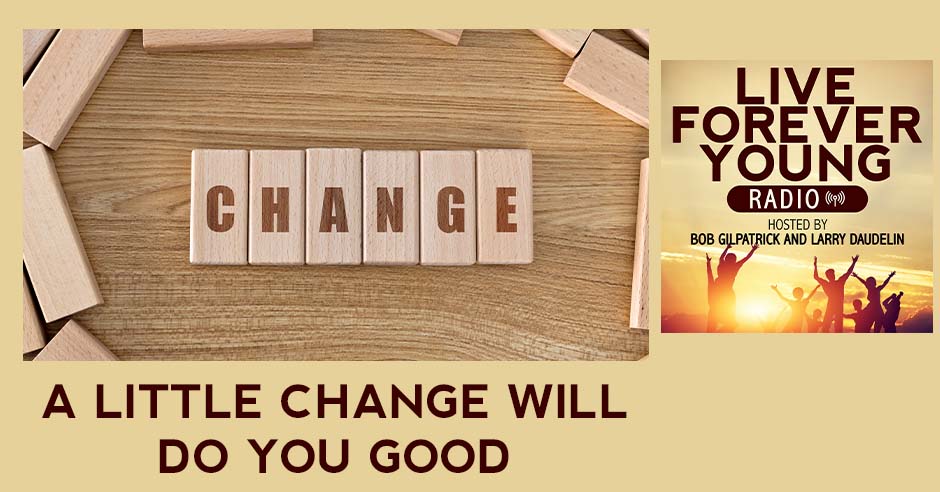 Did you know that about 80% of chronic diseases are linked to poor lifestyle choices?
Did you know that about 80% of chronic diseases are linked to poor lifestyle choices?
Luckily, it’s not too late to start making lifestyle changes towards better health. And these changes don’t have to be drastic!
In this episode of Live Forever Young, hosts Bob Gilpatrick and Rollie Culp talk about how small changes in your lifestyle can help you live a better life with meaningful results without the need to change everything entirely. Tune in to find out how and start those small changes now and live forever young!
---
Watch the Podcast Here
A Little Change Will Do You Good
Lifestyle Changes And Your Health
Lifestyle changes don't have to be drastic. In this episode, Bob and Rollie share some prior shows to take and help you make meaningful changes in your life without having to turn it upside down, from habit management to inflammation reduction, heavy metal toxicity, and more. This show has what you need to know to live your best life and be your best you. Sit back, relax, and get ready to live forever young.---
We are going to talk about lifestyle changes and the typical things that people might need to make changes in their lifestyle. We're going to give specific suggestions about what people can do. We're going to refer to some of our other shows where people want to learn more about a particular type of lifestyle change they can make. They have a new reference for it.
We'll point you in the right direction. It's going to be a good time.
There's a poll that was done in 2018. Medical doctors and nurses were being questioned about what they do in discussing lifestyle changes with their patients.
Do they give it? Do they not? Does it help? Doesn't it?
The reason is that doctors and nurses know, as well as pretty much everybody knows, that your health and wellness are related to your lifestyle. Doctors have somebody come and visit at their office, and they are not exercising, are overweight or obese, have diabetes, smoke cigarettes and other things. They are compelled to say, “You’ve got to quit smoking. You've got to lose some weight.” You would think they would do that all the time. The poll showed that only 61% of the doctors do that, and only 53% of the nurses.
A little more than half on each side give information and lifestyle advice. The other just don't or don't bother.
Even the ones that do have a high level of frustration because they have a general readiness to believe that their patients are not going to follow their advice. They feel frustrated about the whole situation. Here's what you have. You have people that are sick. This is why they're going to the doctor. They're sick because of their lifestyle. The doctor may or may not give them advice about what it is they need to change based on their blood work, vitals, etc. If they do, the patients generally don't follow the advice.
[bctt tweet="People are sick, and this is why they're going to the doctor. They're sick because of their lifestyle." via="no"]
We know also that if people have a sentinel event, a big problem, they have a heart attack, they get diagnosed with cancer or something like this, they're much more likely at that point to change their lifestyle. Who wants to wait until that occurs? What we're going to do now is we're going to hit on some of the main things that are lifestyle changes that we know that need to be made or you're going to have some type of disease.
For example, we know that smoking, a bad diet and lack of exercise are all going to lead to heart disease. That's the number one killer. We know that almost every single problem related to heart disease, all million people a year that die from heart disease could be prevented with lifestyle changes. Does it sound like it's an important show? Can we put it that way?
When you put it that way, we better all make sure that we pay attention.
Here's the deal. Less and less people are smoking. That's a good thing, but a lot of people are still addicted to smoking cigarettes. We know that if you stop, you're going to have less of a chance of getting cancer like lung cancer, heart disease or a stroke.
Hypertension and all that stuff.
What is it that people can do that we have information for them on how they might be able to stop smoking? We have a show on habits management and it's called Tiny Habits.
It goes over and gives some great tips on how to work a new habit into your everyday routine with an actual way to go at the A, B and C of tiny habits. Check that out on Live Forever Young Radio. Take a look. That will help.
[caption id="attachment_2263" align="aligncenter" width="600"]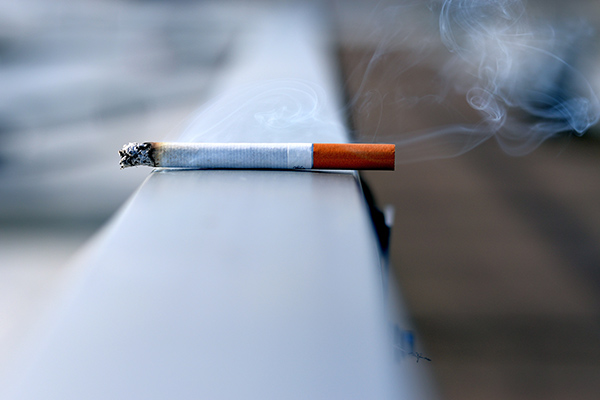 Lifestyle Changes: We know that smoking, a bad diet, and a lack of exercise will all lead to heart disease. And that's the number one killer.[/caption]
Lifestyle Changes: We know that smoking, a bad diet, and a lack of exercise will all lead to heart disease. And that's the number one killer.[/caption]
It's based on a book by BJ Fogg, a very famous psychologist. With smoking, in particular, a lot of it is what we call paired associations.
I was out at dinner. It was an outdoor restaurant. The people next to us were eating. As soon as they finished eating their main course, the man got up and put a cigarette in his mouth while he was at the table. He got up and walked over to the balcony with the cigarette in his mouth. He lit the cigarette smoked and came back, then they ordered dessert. He ate his dessert. He put another cigarette in his mouth. He went up, smoked another cigarette, and came back. They had an after-dinner drink, Irish coffee or something like that. After he finished with that, he put another cigarette in his mouth, went out, and smoked a third cigarette.
That's more of a habit.
After dinner, after dessert, and after his after-dinner drink. It looked to me like this is what he did. This was his habit. It’s paired association, “I'm done with dinner. I better go have a cigarette.” Did he really need to have a cigarette or was it because there's this association of, “Dinner is over, I better have a cigarette.”
Maybe it's something more like he enjoys and he gets enjoyment from dinner. He wants to pair the enjoyment from dinner with the enjoyment of a cigarette because, in all actuality, this isn't doing it for him. He's pairing these two things together to get some enjoyment out of it. Either way, don't smoke.
Either way, if you're going to use the tiny habit technique, the first thing is you have to notice what the association is. Instead of getting up from dinner after your main course and going to have a cigarette, find something to replace that with.
Do something different. [bctt tweet="If you're going to use the tiny habit technique, the first thing is you have to do is notice what you do." via="no"]
Drink a glass of water or whatever it's going to be, and then celebrate when you have your first success so you can do it again. That's why it's worth checking out that show about habits.
The second thing that we can talk about is the lack of exercise. People are sitting. What do they say? “Sitting is the new smoking.” It's as bad for you as smoking, sitting all the time, not getting up, not moving around and exercising.
You can use Tiny Habits in regard to getting in the habit of exercising. We also have a show where David Spinelli was here as our guest. He talked about the importance of exercise and gave us some tips about that as well.
He's a private trainer. He does personal training for people. We've known him for a couple of years. He gave us some good information. He told us about a book by Ravikant, Love Yourself Like Your Life Depends On It. That was a good book he introduced us to. When you're doing this and you're thinking about the physical aspect of exercise, one of the things that he goes into is the mental side of it. That's definitely why you'd want to see that.
It's a very high-level consultant for people that want to use exercise to improve their life. This is a lifestyle change without any doubt, from being a couch potato to exercising.
We had this occur with a couple. This relates to the next thing that we're going to talk about, which is the poor diet in your nutrition. We had a person call us a few years ago who was about 60 years old. He had heard us on the podcast and he said, “I would like to get some of your products that will help me with my energy, strength and stamina,” which we did.
He went from taking a very short walk each day out in front of his house to being able to walk up a hill farther away from the house, and then back and forth as he got better. He then started jogging up the hill, and then he joined the gym. He would walk each day up and down this hill and go to the gym for a one-hour workout.
He called us to say, "My mom is 97. She is homebound. She goes from her bed to the couch, to the bathroom, and the doctor. That's all she can do. She doesn't leave the house. He wants to know if he can give his mom some of this nutrition. We did with very small amounts to start. Long story short, she now goes to the gym with her son. Her favorite thing at the gym is Zumba class. She must be 99 by now.
They're still ordering.
This is a poor diet and excessive consumption of sugar, too many bad fats, and not taking the right nutrition products that give you amino acids, metabolic enzymes, and coenzyme Q10.
[caption id="attachment_2264" align="aligncenter" width="600"]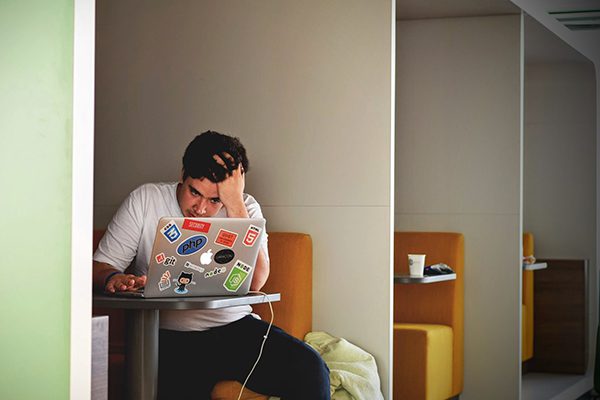 Lifestyle Changes: In regards to lifestyle changes, a lot of people feel a lack of purpose in their life. They don't have any goals. They don't have anything to look forward to. And so it leads to this lethargic type of lifestyle.[/caption]
Lifestyle Changes: In regards to lifestyle changes, a lot of people feel a lack of purpose in their life. They don't have any goals. They don't have anything to look forward to. And so it leads to this lethargic type of lifestyle.[/caption]
All the different fundamentals of nutrition.
This is the third thing that we wanted to talk about.
Throughout our shows is information about the supplement pyramid or things like that. People can go check out those shows and get that type of information.
That leads to the fourth thing, which is inflammation. Luckily, for people that begin to use the types of products that we have that helped them to get energy and stamina so that they can get up, move around and exercise is keeping your inflammation down.
I talked to a guy named George on the phone who was talking about how much the Barley, specifically, helped to lower the inflammation so he can repair the health issues he's dealing with. He attests to that. He mentioned he's exercising a lot more and watching his diet. He was telling me how those three main things helped him to conquer the health issue he had. Without the ability to get good high-quality antioxidants like the ones you can find in our Barley to help fight the free radicals, the inflammation, and all that stuff so you can repair them quicker than you can burn, he knew we wouldn't have a chance. With that help and with those little changes or what we're talking about these lifestyle changes, he was able to completely turned it around.
We also have another whole show on inflammation.
It's called Inflammation And Your Health. Check it out.
The other thing is stress. We always say at Boomers Forever Young, that you can take all the best nutrition products in the world, which you can if you engage with us, but if you're still under stress, you're probably still going to have some problems.
[bctt tweet="One of the things that help immediately for people is finding their inner balance." via="no"]
Not only do we say that, but we witnessed people that call us and say, “I've got all this going on in my life. I got this and that. I got this health problem. My wife died about a year ago. My mom's about to die of cancer. I feel like I'm getting sicker.”
All that stuff builds up. Even if you take the best thing that you can find in the world that'll cure anything, it won't do anything if your mind isn't right and your stress level is extremely high.
One of the things that help immediately for people is finding their inner balance. We have a show about that. It talks about a company called HeartMath and the little device they have that helps you to manage your stress right out of the box. You put this device to your ear, download the app, and it takes you through a series of little exercises that right away, your stress starts to decrease.
It works with any smartphone. It's a wireless device that Bluetooths to your phone. It’s super easy to use.
There's great information on that show. Most of it is right directly from the HeartMath Institute.
How To Achieve Inner Balance is our show on how to de-stress.
We also had a guest, Lucy Forsting. She did a show with us called Finding A New Perspective. This is important in regard to lifestyle changes because a lot of people feel a lack of purpose in their life.
They don't have any goals or anything to look forward to. It leads to this lethargic type of lifestyle because they don't feel any motivation. In that show with Lucy, she talks a lot about that, and people need to find a purpose, even if it's something very small where they leave the house, go to church or wherever they want to go and do some volunteer work. This is an easy state of mind to fall into, a lack of purpose. It goes along with feeling depressed. People can also check out our show on depression and make this one of their priorities to change. Find a small purpose and pursue it.
[caption id="attachment_2265" align="aligncenter" width="600"] Lifestyle Changes: Many people don't realize the health benefits of feeling and being productive physically and mentally. If you're not out there being productive, then your mind thinks, well, time to shut down.[/caption]
Lifestyle Changes: Many people don't realize the health benefits of feeling and being productive physically and mentally. If you're not out there being productive, then your mind thinks, well, time to shut down.[/caption]
A lot of the time, you hear people who are retired say, “I don't have anything to do. I feel like I don't have a purpose.” It's because you get used to working and being productive. A lot of people don't realize the health benefits of feeling and being productive physically and mentally. If you're not out there being productive, then your mind thinks, “It’s time to shut down. You're not going to need me anymore.”
They are sitting on the couch and eating sugary foods.
That's where the downfall and the decline began. Keep up the work. Keep up the health.
The last thing is people wouldn't think of this as a lifestyle issue. It is toxicity. The reason it's a lifestyle issue and a habit issue as well is that we know that one of the leading causes of disease, including cancer, is people leaving their shoes inside the house. They walk around during the day and pick up toxins from the sidewalk, tire dust, gasoline fumes and pesticides. They come into the house, leave their shoes inside the house, and it’s off-gassing toxins during the evening and nighttime. This is a big problem. People need to figure out a way for their circumstances to leave their shoes outside the house.
Another lifestyle is related to diet. Lots of people like eating meats that are cooked a lot. People like barbecuing, grilling, frying foods, baking foods, and particularly meats. When you cook them over 300 degrees on the heat with no moisture, you create a situation where the sugar and the fat in the meat combined together create glycation and a significant amount of toxicity, which is carcinogenic.
People need to learn to cook their meat, either slow cook at a low temperature or add liquid when you're cooking. If you're going to prepare chicken, put it in a casserole dish and add some liquid. Add some chicken broth and chicken spices, and allow your chicken to bake in this liquid. The liquid will create steam and it will block that glycation.
The other thing is heavy metals. People can be exposed to heavy metals and it's not a purposeful lifestyle thing that they are doing. It's happening unbeknownst to them, but you have to pay attention to that. You can learn about that from our show on heavy metals.
A lot of the things that people come into contact with have to do with the jobs they perform and the things they do. A lot of that exposure, you need to learn how to mitigate. That's one of the things. If you come into contact with heavy metals, how can you mitigate that exposure if it's not something that you need to do for a job? There are a lot of good ways to do that. One of the best ways that you want to do is to learn how to use the detoxifying agents that they have things like zeolite that can help remove it and things like that.
The show is called Heavy Metal Toxicity, What To Do If You Are Exposed. Go check that out for some good tips on how to mitigate exposure to that stuff.
In conclusion, most diseases that people get as they get older and the reasons why people die are because of their lifestyle. If people can recognize the things that need to be changed, have techniques and strategies for how to change them, a support group, and a sincere commitment to do it.
You can change your lifestyle towards a more healthy lifestyle and live a long happy life without the fear of getting adult-onset diseases as you get older. Going to the trouble to do this particular show can be very encouraging for people to know this type of information that will lead them to make these changes with a whole long list of references to help you along the way as you pick 1, 2 or 3 of these that you want to change for yourself.
If the shows that we went over and the information make sense to you or if there's something missing or if you said, “What about this?” Send us that information. You can email us at BoomerBoost@BoomerBoost.com. We could always do a follow-up show.
Don't forget to check us out at LiveForeverYoungRadio.com.
Our YouTube channel is Boomers Forever Young. Go there and check out our playlist with all these shows that we're talking about. It is where you can find it. Don't forget, while you're there, give us a like and subscribe. We would love to have you join the Boomer Community out there. Thanks, guys.
Thank you, everyone. We'll see you at the next show.
Important Links
- Tiny Habits – Past Episode
- David Spinelli – Past Episode
- Love Yourself Like Your Life Depends On It
- Inflammation And Your Health – Past Episode
- How To Achieve Inner Balance – Past Episode
- Finding A New Perspective – Past Episode
- Heavy Metal Toxicity, What To Do If You Are Exposed – Past Episode
- BoomerBoost@BoomerBoost.com
- Boomers Forever Young – YouTube



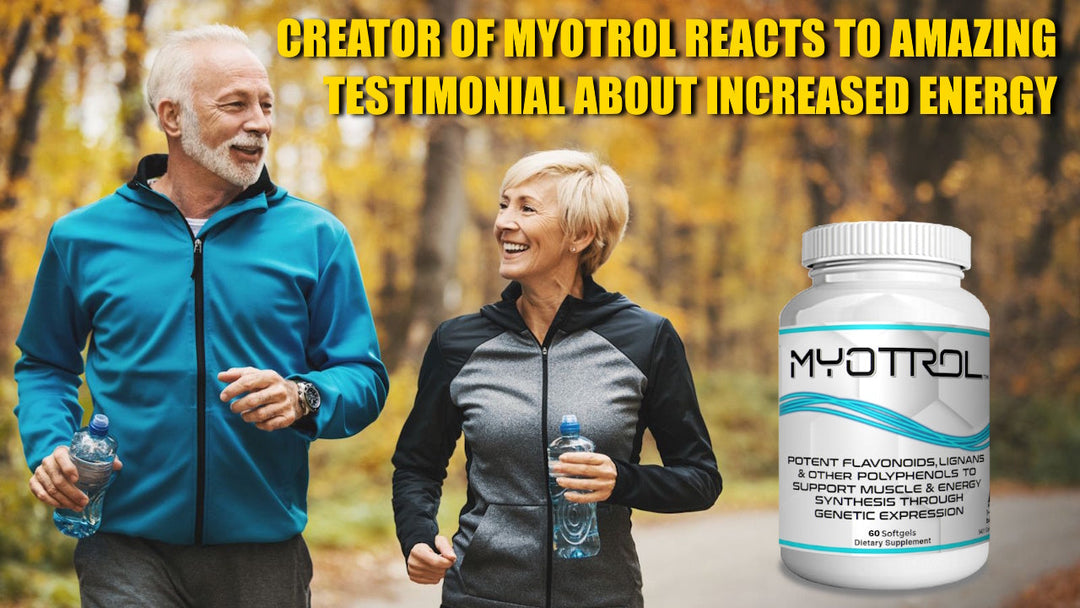
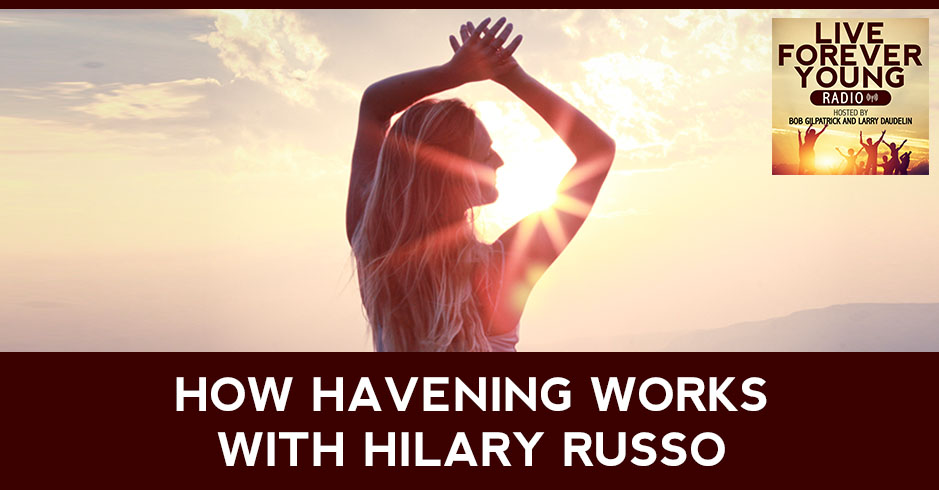
Leave a comment